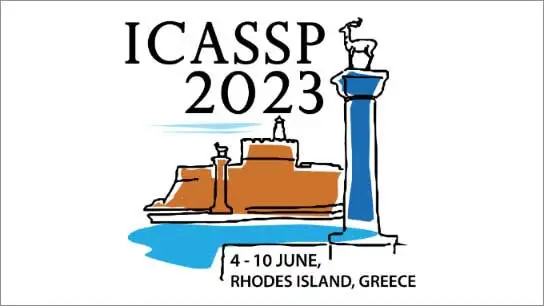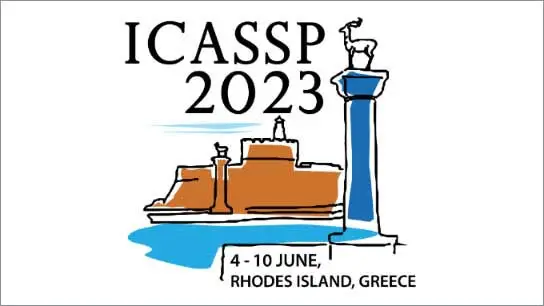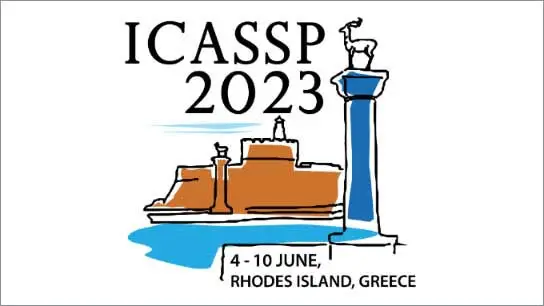IMPROVING THE MODALITY REPRESENTATION WITH MULTI-VIEW CONTRASTIVE LEARNING FOR MULTIMODAL SENTIMENT ANALYSIS
Peipei Liu (School of Cyber Security, University of Chinese Academy of Sciences); Xin Zheng (Henan University); Hong Li (Institute of Information Engineering,Chinese Academy of Sciences); Liu Jie (Institute of Information Engineering,Chinese Academy of Sciences); Yimo Ren (Beijing Haidian); Hongsong Zhu (Institute of information Engineering, CAS); Limin Sun (Institute of Information Engineering, Chinese Academy of Sciences)
-
Members: FreeSPS
IEEE Members: $11.00
Non-members: $15.00
09 Jun 2023
Modality representation learning is an important problem for multimodal sentiment analysis (MSA), since the highly distinguishable representations can contribute to improving the analysis effect. Previous works of MSA have usually focused on multimodal fusion strategies, and the deep study of modal representation learning was given less attention. Recently, contrastive learning has been confirmed effective at endowing the learned representation with stronger discriminate ability. Inspired by this, we explore the improvement approaches of modality representation with contrastive learning in this study. To this end, we devise a three-stages framework with multi-view contrastive learning to refine representations for the specific objectives. At the first stage, for the improvement of unimodal representations, we employ the supervised contrastive learning to pull samples within the same class together while the other samples are pushed apart. At the second stage, a self-supervised contrastive learning is designed for the improvement of the distilled unimodal representations after cross-modal interaction. At last, we leverage again the supervised contrastive learning to enhance the fused multimodal representation. After all the contrast trainings, we next achieve the classification task based on frozen representations. We conduct experiments on three open datasets, and results show the advance of our model.



